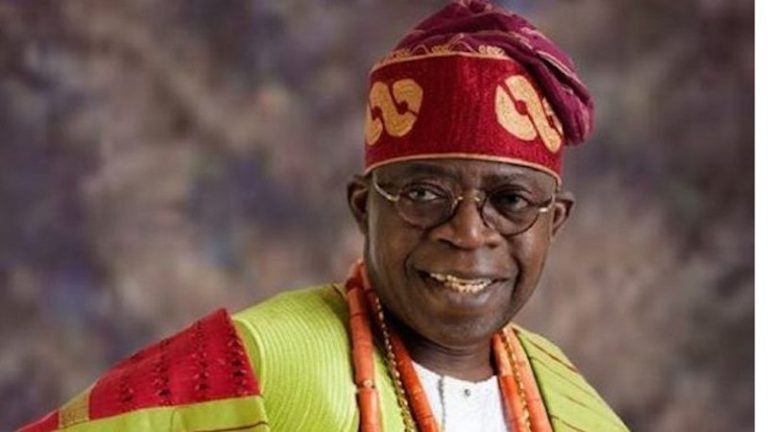
Amid the outcry over the N75 billion spent by Nigerian lawmakers on official vehicles in the face of a biting economic situation, the federal government is planning to spend N1.5 billion on vehicles for the Office of First Lady.
The move, which comes amid calls on the government to cut the cost of governance, is believed to be part of the reasons President Bola Tinubu is pushing for a supplementary budget. The Nigerian government has requested a supplementary budget of N2.17 trillion (about $5 billion) from the National Assembly.
This additional budget comes amid economic challenges in the country and the removal of petroleum subsidy that has led to a significant hike in fuel prices.
Register for Tekedia Mini-MBA edition 19 (Feb 9 – May 2, 2026): big discounts for early bird.
Tekedia AI in Business Masterclass opens registrations.
Join Tekedia Capital Syndicate and co-invest in great global startups.
Register for Tekedia AI Lab: From Technical Design to Deployment (next edition begins Jan 24 2026).
However, a review of the supplementary budget conducted by Premium Times reveals expenditures that many have considered extravagant, given the nation’s current economic situation. For example, the budget includes N1.5 billion for vehicles for the Office of the First Lady, which is not recognized by the country’s constitution.
Additionally, N2.9 billion is allocated for Sport Utility Vehicles (SUVs) for the Presidential Villa, while another N2.9 billion is earmarked for replacing operational vehicles for the presidency. Renovations of the presidential and vice-presidential residences are also included, with N4 billion allocated for the president’s residence and N2.5 billion for the vice president’s residence. A total of N28 billion is proposed for the State House, and N12.5 billion is allocated for the Presidential Air Fleet.
The Presidential Air Fleet comprises a range of aircraft, including a Boeing Business Jet (Boeing 737-800 or NAF 001), one Gulfstream 550, one Gulfstream V (Gulfstream 500), two Falcons 7X, one Hawker Sidley 4000, two AgustaWestland AW 139 helicopters, and two AgustaWestland AW 101 helicopters. These aircraft are typically used for official presidential travel and transportation.
This budget allocation is expected to be funded with loans that the government is currently seeking to secure.
The budget has passed the second reading in the House of Representatives, suggesting that the lawmakers, who are already beneficiaries of extravagant spending, will have no problem approving it.
Government spending has remained a big issue in recent times, especially as the nation’s revenue continues to spiral downward – forcing it to depend mainly on borrowing. Nigeria’s public debt stock has risen to N87.38 trillion as of the second quarter of the year.
With the treasury empty and debt servicing taking about 96% of the nation’s earnings, the government has begun to apply a strategy that entails obtaining an immediate cash loan based on the anticipated revenues from a specified portion of future crude oil production
Against this backdrop, the Tinubu administration is planning to incur a total fiscal deficit of N30.6 trillion across the years 2024, 2025, and 2026, as detailed in the government’s medium-term expenditure framework (MTEF).
Notably, the 2024 budget proposal anticipates a fiscal deficit of N9.04 trillion. This would constitute a fiscal deficit to GDP ratio of 3.83%, surpassing the 3% limit outlined in the Fiscal Responsibility Act (FRA) of 2007.
Economic experts have warned of a dire financial crisis if the rising cost of governance is not urgently addressed.



